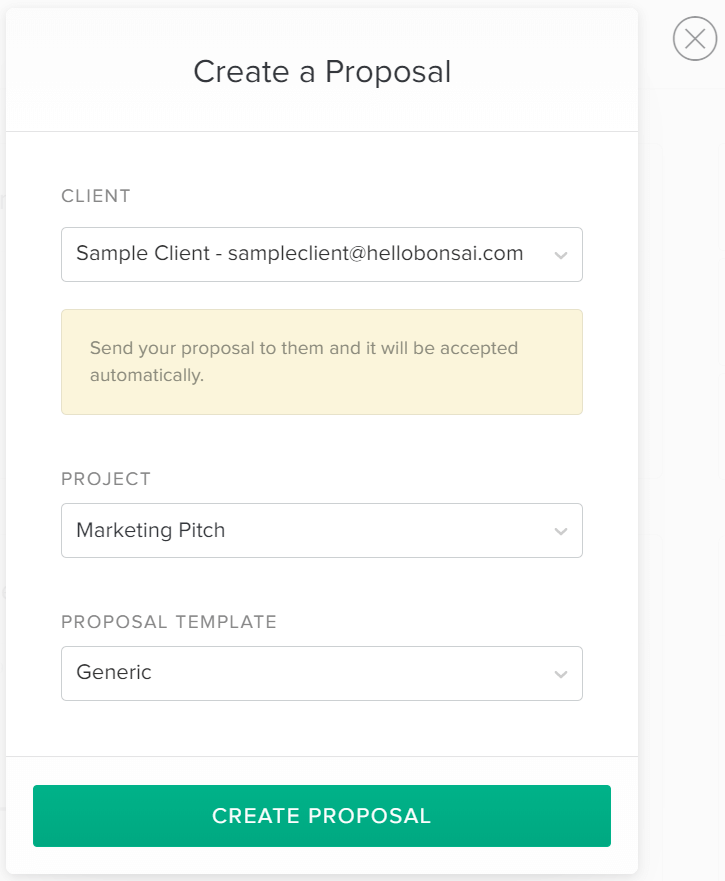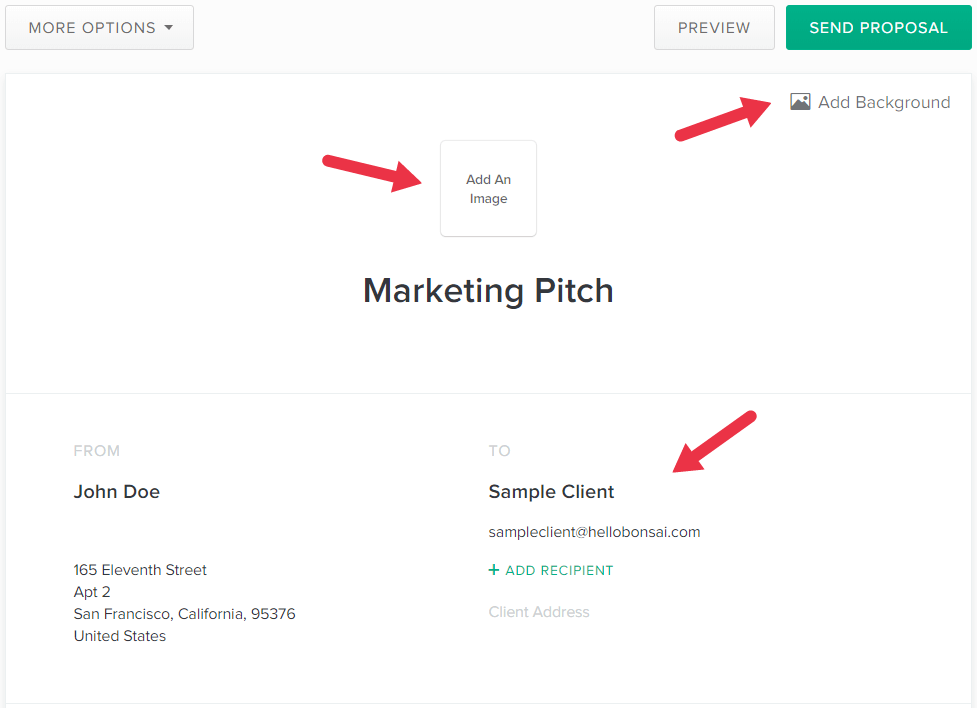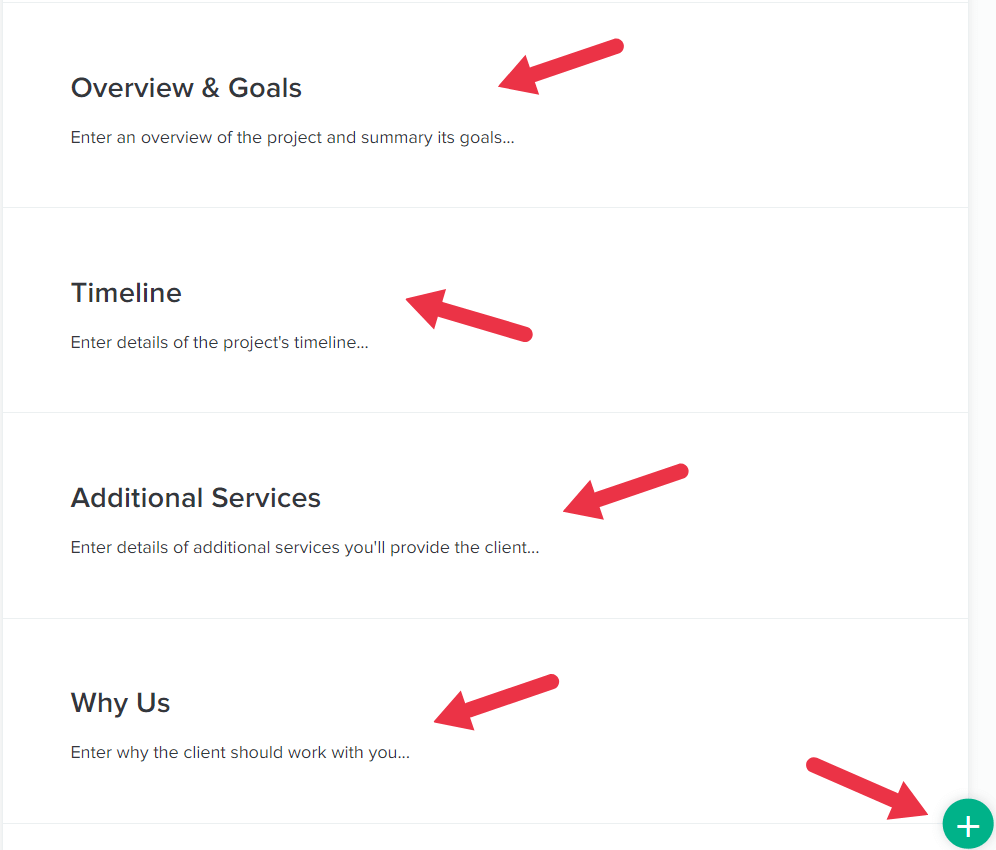A marketing pitch is a strategic presentation designed to persuade potential clients or stakeholders to buy or believe in a product or service. To craft an effective marketing pitch, start by understanding your audience's needs and tailoring your message accordingly. Use storytelling techniques to engage your audience, highlight the unique value proposition of your offering, and address potential objections proactively. Incorporate visual aids and data to support your claims, and practice delivering your pitch confidently. In 2026, successful pitches will leverage digital tools and personalized approaches to stand out. By following these steps, you can create a marketing pitch that resonates and drives results.
As a freelance business professional, you’re involved in every aspect of your company such as drafting invoice templates, or preparing contract templates for signature. This includes building an effective marketing pitch, for yourself and for your business.
So what is a marketing pitch? Simply defined, it’s a line of talk that is designed to persuade someone, such as a presentation to sell a product or service. But it can also be about selling yourself, to gain new clients or to promote your business.
Keep on reading to uncover our step by step guide to building powerful marketing pitches, or scroll down to download the 5 marketing pitch templates we recommend for social media marketing, digital marketing, email marketing, search engine marketing, and content marketing.
As a freelancer, you’re often selling yourself and your business, so it’s important to know what is a marketing pitch and how to build one to benefit your business.

1. Start with your personal marketing pitch
As the “face” of your business, your personal marketing pitch is as important as a sales pitch for your services. Think of your personal pitch as an advertisement for you as the head of the company. Advertisements grab interest in one minute or less, so think about your personal value and how you can present that to prospective clients or even colleagues who can, in turn, recommend you to clients:
- Craft a confident statement about yourself and your value.
- Support the statement with relevant facts about your value (a summary of your education and experience, for instance).
- Include why you’re the best choice over anyone else (without degrading others).
Once you have your personal “commercial” crafted, memorize it and practice saying it. Imagine that you had to deliver a pitch in an elevator, with only 60 seconds to win over a prospective client. Your conviction is the biggest marketing tool for your personal pitch.
2. Customize your personal pitch as necessary
Once you’ve defined your personal “brand” or marketing pitch, be sure to adapt it as necessary, depending on your audience or the job you’re trying to attain.
Part of being effective with a marketing pitch lies in knowing the needs of your prospective clients, and ensuring you can meet those needs with the value you bring to the table. Consider these top tips from Bonsai as you move forward with your business.
3. Build a marketing pitch for your business
As freelance blogger Linsey Knerl states, “There is no greater tool than your original proposal to a potential new client.” Spend time on it.
You’ve worked on your personal pitch, so what is a marketing pitch for your business? Basically telling a story that’s compelling enough that customers want to hire you. Through your pitch, you are introducing your services to an audience that knows nothing about your business, and trying to convince them that hiring you will provide benefits to them.
It’s important that you start with your list of services and how they bring value to customers. By spending some time considering the value your business can bring, you are crafting the beginning of your pitch.
With Bonsai, you can integrate your marketing pitch into a proposal, so to start the process, all you have to do is click on "send a proposal" from your dashboard.
Now, choose your client, project (or create them), and click on "create proposal".

Now you're able to fill in and double-check your personal and client details, and add a background or custom image to further personalize your marketing pitch.

Finally, now to the good part. You'll find a variety of sections at your disposal, which you can modify, delete, and add back. Let your creativity loose and put together an awesome marketing pitch that will impress your client!

Are you done? Just click on "send proposal" and keep your fingers crossed!
Did creating a marketing pitch seem easy? Bonsai has a clean and intuitive dashboard, so why not sign up for a free trial and experiment with all of Bonsai's features?
4. Customize the business pitch
If your business offers different services, your pitch is not a one-size-fits-all package. Each component of your business brings a different value proposition.
Now that you have the basics, you’re ready to develop customized marketing proposals for potential clients. Bonsai can also help with marketing pitch ideas and tools for developing specific freelance proposals.
If you're either a social media marketer, email marketer, digital marketer, content marketer, or search engine marketer, check out below the template pack we shared to help you get more gigs.

Download my full document
with marketing pitch templates.
Secure your next gig with professional marketing pitches that will get answered.
I accept Bonsai's Terms and Conditions
5. Consider what’s best for your client
When you get to developing specific marketing pitches for specific customers, remember to ask yourself the most important question: How can I help this client?
A pitch is not about you and your business. A marketing pitch must be focused on your customer. The best way to build your value proposition is by describing: “My company will help you, the client, with X service that will provide X benefits.”
It’s especially powerful to use the language of helping the customer, for instance, “I will help improve customer conversion rates with my blog writing.”
Another tool for building a pitch is by having a conversation with your prospective client, rather than talking to them about what they need. If you are able to build a relationship with a prospective client, you will be better able to demonstrate how your product or service offers a solution to their problem.
Imagine the wisdom gained having a dialogue with clients, when possible. This is a shift from the traditional images of pitches consisting of salespeople in plaid suits conducting a monologue to tell customers what they need.
6. Learn from others
Don’t be afraid to look around and see what others have done that works, including your competition. If you’re not an expert on developing a pitch, do research on what others have done that has been successful. Utilize resources such as the Bonsai website and study successful marketing pitch templates.
Don’t just look at marketing pitches. There are also many resources for pitches that entice investors to commit to a start-up, for instance. While you may think this isn’t relevant, there are nuggets of wisdom in these resources that can help focus your thinking for your marketing pitch.
7. Customize for the medium
This step is important, as there are multiple ways you can connect with customers.
If your cold-pitch will be conducted via email, it’s important to carefully craft each component of the email, from the subject line to the body of the email to any relevant attachments.
If the pitch will be conducted in person, there are a variety of ways to get your message across, from a short PowerPoint presentation to a simple conversation.
It’s important to do your research first, so you understand the customer’s business and can have a valuable conversation with the customer. It’s also important to consider the customer’s needs, which can be as simple as asking if they would like to see a presentation on your business.
Additionally, you can start delivering value through growth marketing strategies guides on your blog for example.
Depending on your type of freelance business, Bonsai can offer some guidance, such as how to create a design portfolio.
8. Gather proof of your value
One of the best ways to demonstrate value is to show the potential client how you have helped others. You can do this in several ways:
- Add testimonials from satisfied customers. Ask for testimonials every time you complete a successful contract.
- Add legitimate research that shows how your service can benefit business.
- Use a case study of work you have done that was successful, starting with the customer’s problem through to your solution.
- Provide an added benefit with an offer for a free trial or a money-back guarantee.
Bonsai has plenty of other ideas for building your reputation as a freelancer.
9. Don’t overdo it
Any type of pitch needs to be focused and to-the-point. It’s often more difficult to craft something short rather than something long. But it’s worth the extra time to build a short, focused pitch that doesn’t waste the time of the customer, or cause them to lose interest.
Be sure not to give too many choices to the customer. Instead, communicate results that your client will understand, in a way that’s quick and easy, with examples if possible.
Don’t add content just for the sake of making your pitch longer or trying to pad your business experience. If you haven’t been in business long, be honest with the client. Focus on what you can do, and how you can help them.
Also, remember that you don’t need to tell the client you’ve built a “pitch”; this will likely just raise the question, “What is a marketing pitch?” As far as your client knows, you’ve built solutions to help their business.
10. Check and double-check
Whether you’re crafting an email, building a PowerPoint presentation, drafting website material, designing an infographic, or whatever tools you’re using for your pitch, be sure to do grammar and spelling checks.
Consider asking someone to review your content. What makes sense to you make not make sense to others, and they may find mistakes that you’ve missed. You don’t want a simple typo to color your client’s perspective of you and your business.
11. Don’t forget to follow up
Don’t be shy about contacting a prospective client after your initial contact. This can be via email or phone call, and can include questions such as: “Do you need any more information?” Don’t be overbearing and pester the client, but a simple follow-up in a few days is often overlooked and can spur the client to re-consider your business and eventually choose you to do the work.
Final thoughts
By following these 11 steps, you’ve done the heavy lifting toward building an effective marketing pitch, for yourself and for your business. Now you’re ready to get going on finding work! Bonsai can help with over 35 sites to help you find your next freelance marketing job. Make sure to follow our guide on how to write a marketing contract when you land your first client!
Bonsai can also support you further with specific freelance contract templates for your business.
For a range of solutions to support your business, sign up now to access Bonsai’s resources.






